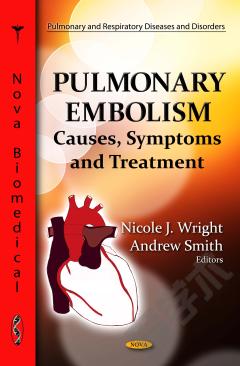Insulin Resistance: Symptoms, Causes and Treatment
Insulin resistance (IR) and elevated blood pressure are two key features of the metabolic syndrome, which play an important role in the development of secondary cardiovascular complications. In this book, the effects of insulin resistance on the various vasoactive pathways are explored, which affect the equilibrium between vascular relaxation and constriction. Furthermore, the interaction between estrogen, testosterone and insulin signaling-dependent changes in vascular reactivity and blood pressure are discussed. Also addressed in this book are the mechanisms underlying reciprocal relationships between insulin secretion, insulin resistance and inflammation in the pathological state and in its subsequent improvement. Moreover, the current concepts in understanding the underlying risk factors contributing to insulin resistance are examined, focusing on the role of magnesium deficiency that emerges as potential pathogenic key related with decreasing insulin sensitivity. In addition, it is widely accepted that metabolic syndrome is related to cardiovascular disease and that insulin resistance is one of the causes of metabolic syndrome. The authors discuss thiazolidinediones (TZDs), a class of antidiabetes agents, as a means to improve endothelial dysfunction, prevent atherosclerosis, and significantly reduce the risk of cardiovascular disease.
{{comment.content}}








 京公网安备 11010802027623号
京公网安备 11010802027623号